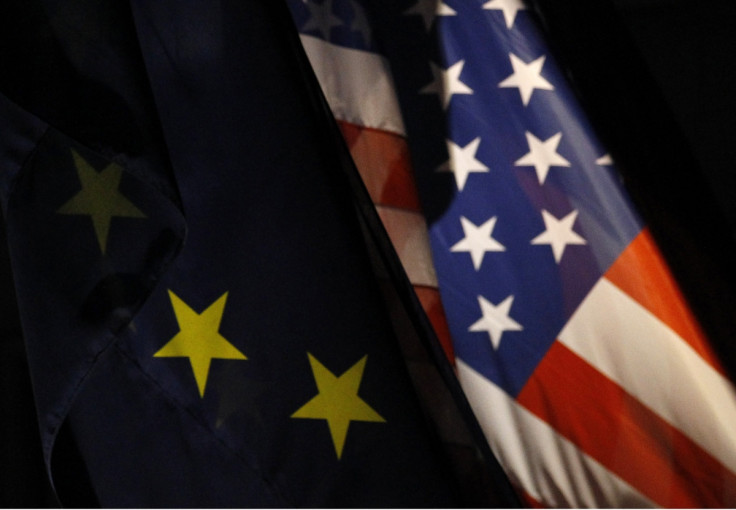TTIP: Lords Urge Politicians to Save 'Biggest Trade Deal in History'

A report published today by the House of Lords has urged the government to revive momentum on the Transatlantic Trade and Investment Partnership.
The report describes the mooted trade deal as "the most ambitious trade and investment pact ever attempted and an opportunity to revitalise the relationship between Europe and the US".
The EU and US already enjoy the largest bilateral trade relationship in the world, with each being the other's largest export partner. The Lords report, undertaken by Sub-Committee C on External Affairs, estimates that TTIP could be worth €119bn a year to the EU and €95bn a year to the US.
However, the committee warned that the government needs to be more committed to ensuring the deal gets over the line.
Lord Tugendhat, the chairman of the committee, said: "On the one hand it [the UK government] must commit more energy to spelling out the potential benefits to the public and to small businesses in this country. On the other it must encourage other European governments to do the same and actively support the Commission's efforts to ensure that Europe presents a united front."
It's expected that the UK's automotive and financial sectors will benefit most from TTIP, if the trade agreement were to be inherently free in nature. However, the Lords has accused the US of attempting to build financial regulation into the agreement.
Other areas of disagreement are around agriculture and genetically modified organisms. The Lords recommends that the UK government takes a lead in resolving these bilateral issues.
Aengus Collins, lead analyst at the Economist Intelligence Unit, tells IBTimes UK that the agreement hangs in the balance, with recent events over Pfizer's attempted takeover of AstraZeneca adding to the strain.
He said: "TTIP has the potential to generate significant increases in global output, but distributional considerations and varying degrees of protectionism threaten to scupper it. The UK and the US should be strong proponents of the trade deal, but political dynamics in the US ahead of mid-term elections make for an inauspicious backdrop, while in the UK the controversy that has erupted over Pfizer's bid for AstraZeneca highlights the wide gap that can exist between a country's instinctive support for liberal trade and investment policies and the way those policies' play out in concrete political terms."
Collins also warns that the increasingly fraught relationship between the UK and the rest of the EU is an important factor. Should the UK successfully negotiate a looser relationship with the EU, it may have greater agility to negotiate free trade agreements with third countries, which could jeopardise discussions.
Negotiations over the agreement were launched at the G8 Summit in Northern Ireland last year. Almost immediately, however, France insisted that its cultural sector would not be up for discussion, as it sought to maintain some modicum of protectionism.
Analysts have warned that the agreement needs to be all or nothing if true benefits are to be derived. Many trade tariffs have already been removed between the EU and US. Non-tariff barriers such as export subsidies, country of origin legislation and intellectual property law are generally harder to reach agreement on.
The proposed free trade agreement has not, however, been without its critics. Analysts have warned that the tenet which would exclude localised data storage would remove privacy rights. Green activists have warned of the dangers an agreement would pose to the environment. Consumer groups have warned that less regulation could lead to food safety issues.
At the G8 Summit last year, minister set a deadline of the end of 2014 for an agreement to be reached. At this stage, it looks increasingly unlikely that an agreement will be in place by then.
© Copyright IBTimes 2025. All rights reserved.






















